

In a world characterized by globalization, the power of a brand name goes beyond recognition; it serves as a cultural bridge that connects businesses to local markets and communities. Infusing cultural nuances into brand names helps encapsulate local values and traditions, allowing businesses to connect their brands more authentically with their intended audience. This thoughtful approach not only evokes emotions tied to identity, heritage, and culture, but also enriches the brand narrative with stories or connotations that enhance brand differentiation, appeal and resonance. In Asia, the brand connection to culture is particularly significant as the region represents a unique melting pot of cultural traditions and influences.
In this article, we will explore the different naming techniques deployed by Asian brands to weave in cultural nuances within their brand names to celebrate the rich heritage that shapes them:
This technique enables brands to thoughtfully incorporate traditional symbols or paint culturally admired imagery within their brand name to evoke specific meanings and associations that inspire targeted emotions. By reinforcing shared heritage and narratives, this technique helps to foster a more emotional connection with consumers, enhancing overall brand appeal and resonance.
CHANG BEER
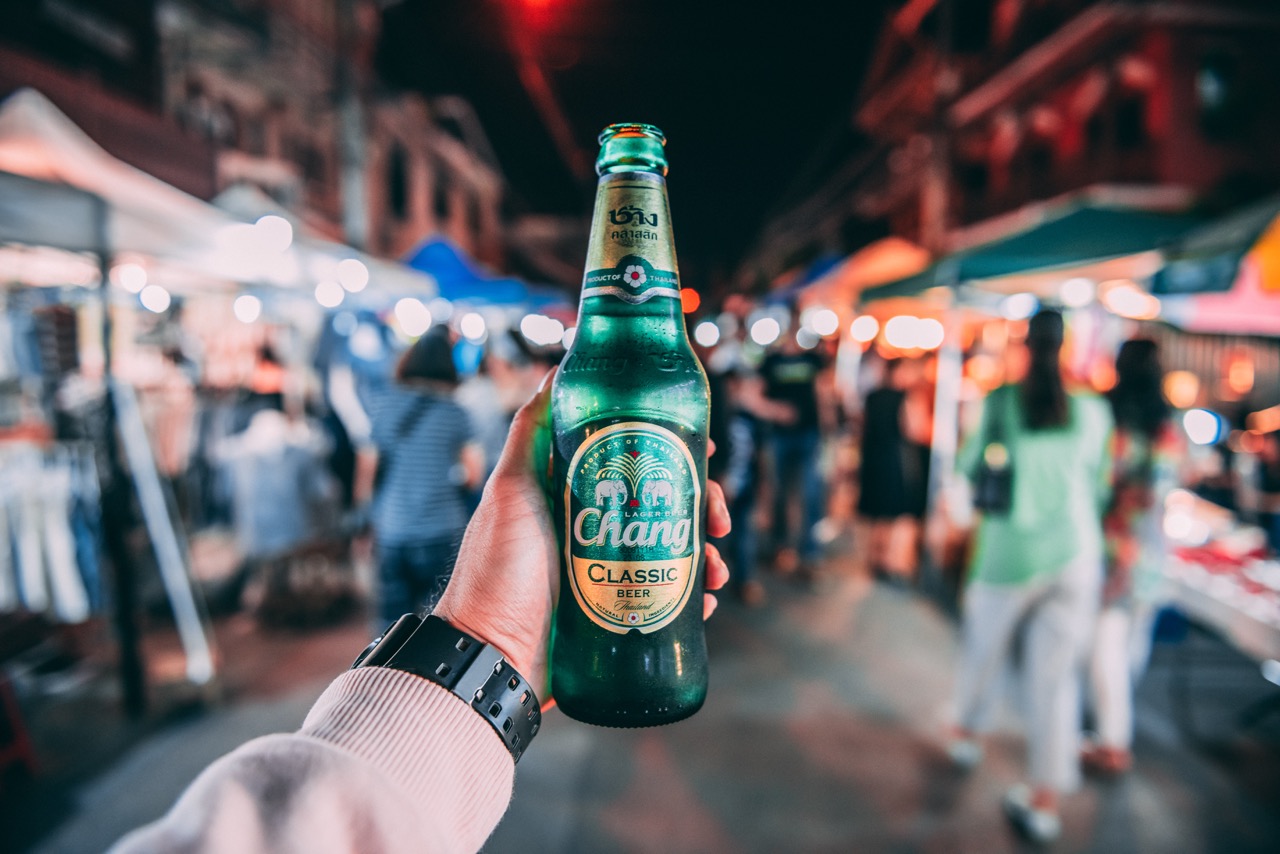
The word ‘Chang’ means ‘elephant’ in Thai, representing an animal of historical and cultural significance in the motherland. Not only is this magnificent animal a national symbol of Thailand, it also holds a strong representation on strength, intelligence, happiness and prosperity.
By incorporating this symbolism in the name, Chang Beer proudly conveys its Thai roots and quality that stem from the nation’s plentiful and unique resources while spreading positivity.
SULWHASOO
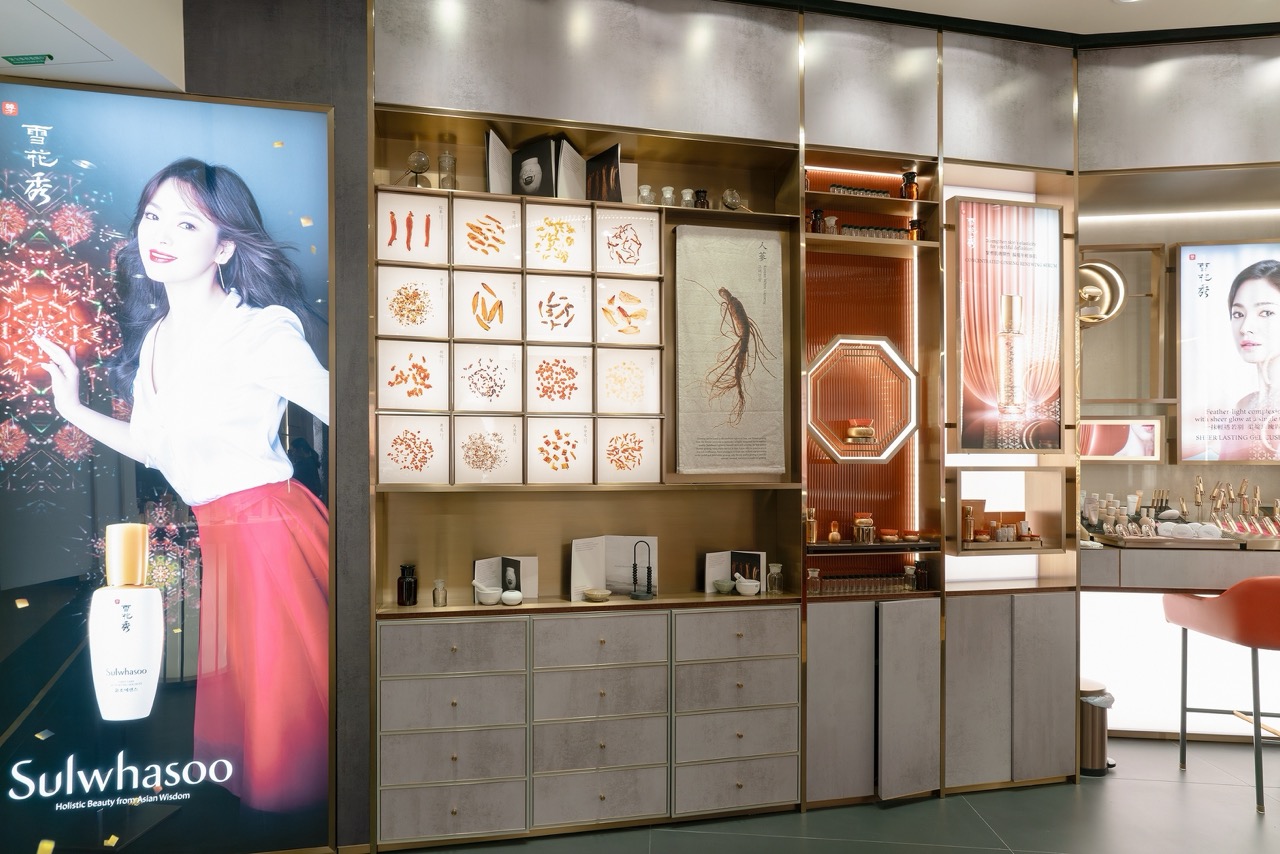
The name ‘Sulwhasoo’ means ‘snow flower in full bloom’ in Korean. With the delicate image of a flower blooming in the snow, it evokes a sense of elegance and tranquillity, aligning with traditional ideals of refined beauty in Korean culture. The vivid imagery also symbolizes resilience and beauty against adversity, resonating with the Korean cultural values of enduring strength and grace.
Through its name, Sulwhasoo’s subtle yet powerful visual appeal is one that deeply connects with consumers seeking products that embody purity and natural sophistication.
This technique draws on the power of music and narratives to add layers of meaning, covey values, histories or shared memories and experiences in a way that resonates with audiences. Not only does it enhance brand relatability, it also fosters a sense of nostalgia and familiarity, enriching the brand’s identity.
BENGAWAN SOLO
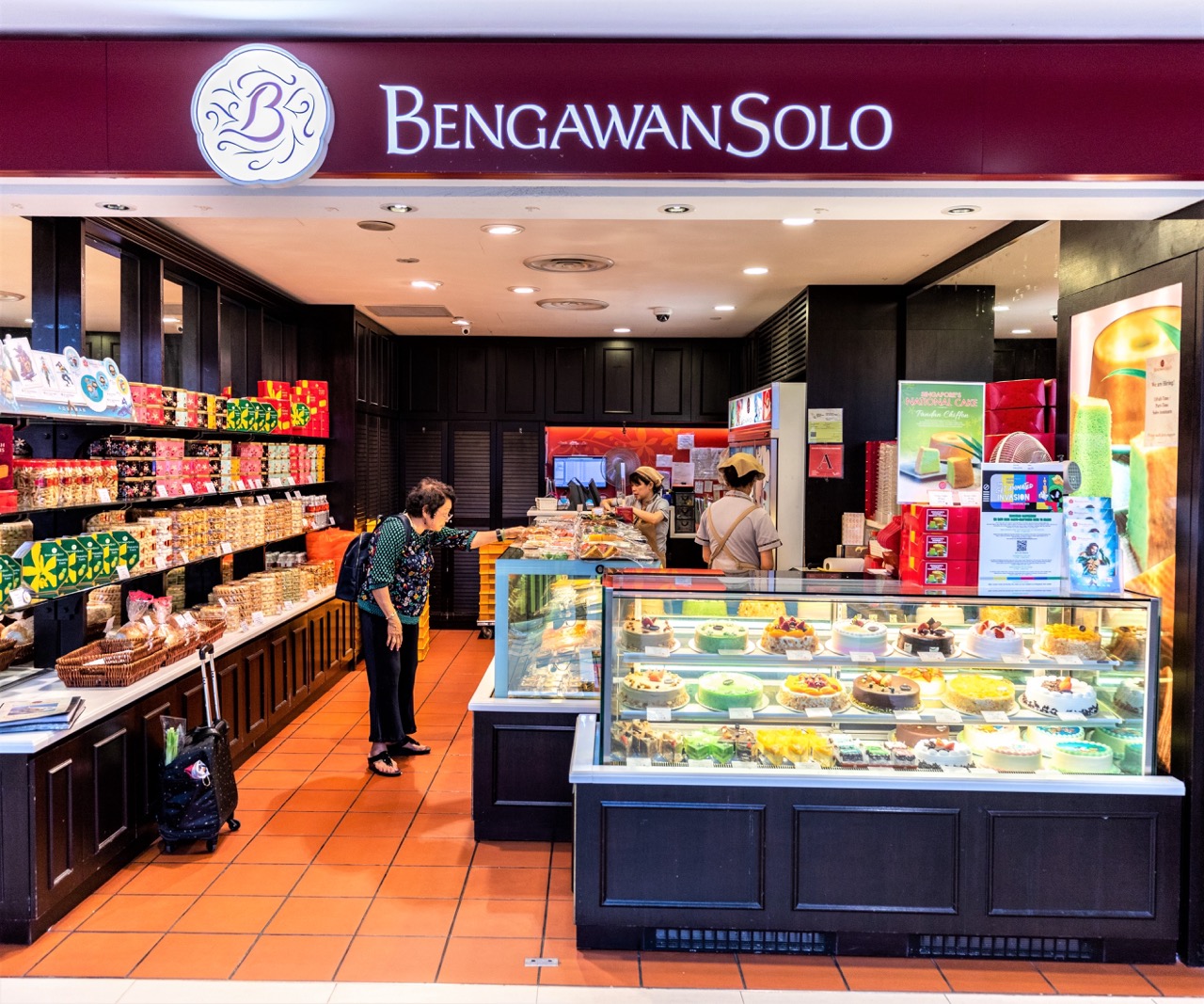
The name ‘Bengawan Solo’ is named after a famous Indonesian song about the long Javanese river – a personal favorite of the founder. Despite its Indonesian origin and traditionally styled kuehs, the brand name continues to cue culture and heritage as a Singaporean brand by invoking a sense of tradition and nostalgia.
Through the brand name, it continues to reflect the rich history of both Indonesia and Singapore, making the brand culturally resonant with Singaporean consumers (and even tourists) while honouring its Indonesian roots.
OLDTOWN WHITE COFFEE
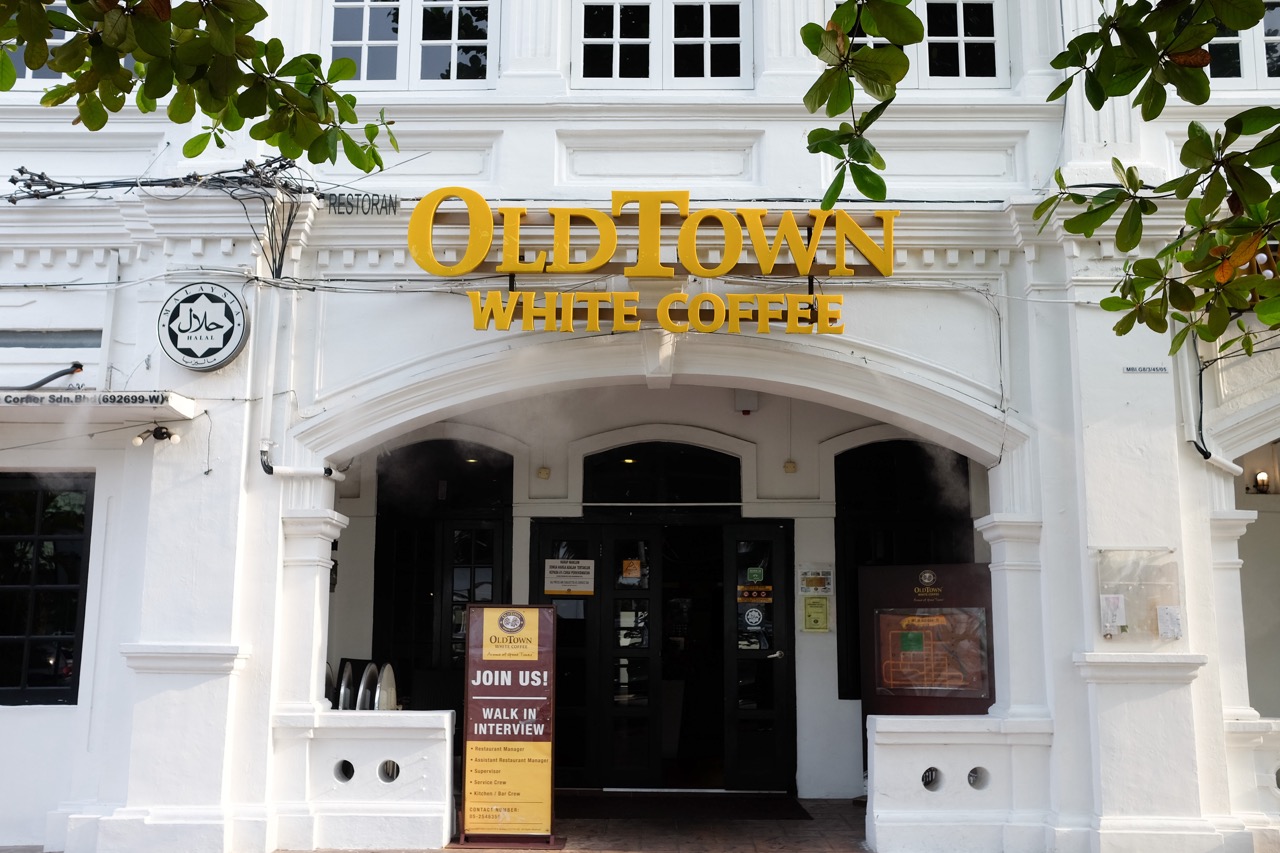
The name ‘OldTown White Coffee’ carries cultural significance rooted in the heritage of traditional Malaysian coffee culture. It evokes nostalgic stories particularly from the town of Ipoh, which was famous for its distinctive white coffee.
With this technique, it conveys the brand’s commitment in staying true to the authentic taste of Ipoh’s famous White Coffee, giving a nod to its culturally valued roasting and brewing tradition.
This technique leverages sacred symbols, figures or concepts that resonate, tapping into religious cultural nuances to foster a sense of identity. While these brands reflect elements of religion, they may not necessarily advocate their beliefs; rather they aim to foster positive associations and reflect shared values that align with their audiences.
HIMALAYA WELLNESS

The name takes after the Himalayas Mountain range that was revered especially in Hinduism. In Hinduism, the Himalayas are considered the home of the gods, reflecting the clean, untouched and scared nature of the mountains and symbolizing purity, healing and natural beauty.
Through the brand name, it connects the brand to ancient traditions and healing practices, aligning with the company’s ethos of using natural ingredients and Ayurvedic principles for health and wellness.
SAN MIGUEL

The name ‘San Miguel’ is Spanish for Saint Michael the Archangel, one of the most important and revered saints in Christianity and one who is widely venerated in the Philippines, a predominantly Catholic country.
Not only does the name align the brand with the revered qualities of strength and leadership, it also affirms its Filipino identity, reinforcing a sense of belonging and local pride. As its commitment to quality and excellence mirrors the aspirations of the Filipino people, San Miguel is cemented as a source of national pride and a staple in celebrations that bring families and friends together.
This technique infuses brand names with familiar linguistic cues that resonate with cultural identities and foster a sense of authenticity and relatability. By playfully utilizing informal language that feels relatable and approachable, these brands invite audiences to feel an instant connection, turning every interaction into a little slice of community.
MIE SEDAAP
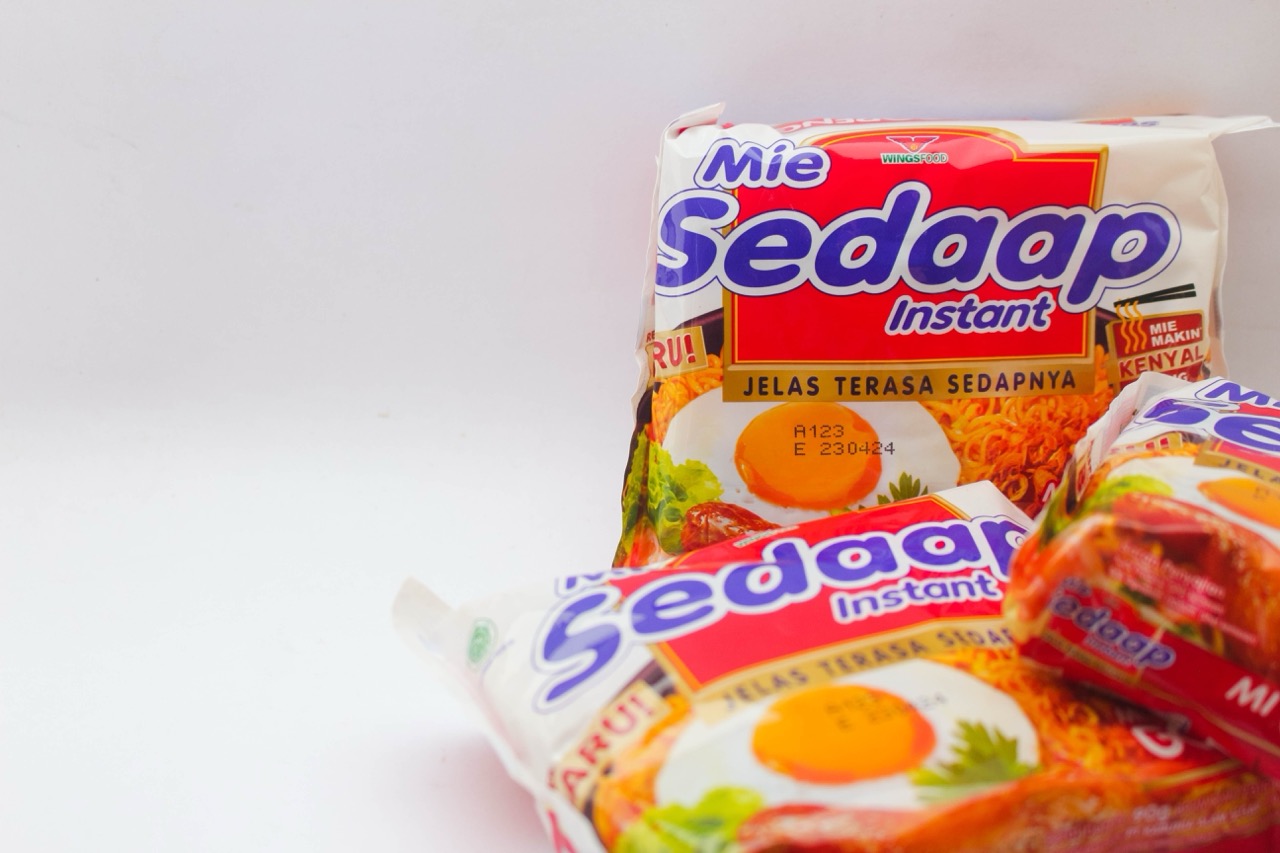
The word ‘Sedaap’ is a colloquial and playful form of ‘sedap’, which is a popular slang term in Indonesia for expressing pure delight over mouthwatering food, essentially capturing the joy of savouring flavourful dishes.
By incorporating the slang term, Mie Sedaap is able to give a more casual and friendly appeal, becoming a part of everyday culture by being highly relatable and evoking a sense of positivity as consumers fondly associate the brand with the simple joy of enjoying instant noodles in Indonesia.
GEONBAE
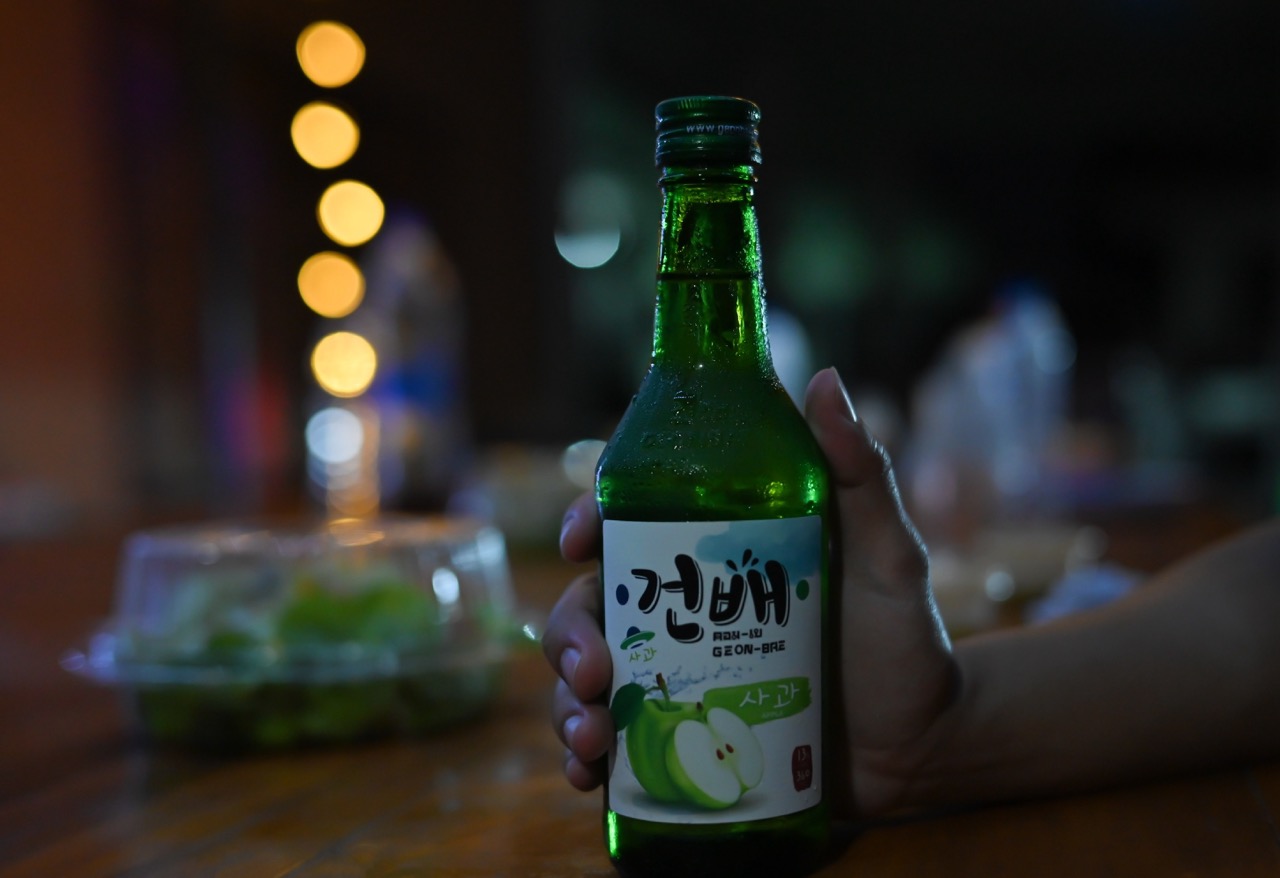
In Korea, the term ‘Geonbae’ is a common expression for ‘cheers’; it is widely used during toasts and celebrations and is often accompanied with the clinking of glasses.
As a Korean drink company, Geonbae leverages the term to emphasize the celebratory aspect of drinking while conveying a sense of friendliness and camaraderie. Given that the brand name is an integral part of everyday conversation in Korea, this makes the brand highly relatable and fitting for consumers to evoke a sense of celebration and togetherness.
As Asia continues to evolve, the significance of cultural nuances in brand naming remains paramount. Brands that are able to understand and integrate them thoughtfully will not only strengthen their narrative and identity, but also resonate with local pride. By being relevant to their markets, they can cultivate a sense of ownership and representation, while also appealing to international audiences. In essence, this meaningful approach enables brands to foster deeper connections and ensure they continue to remain relatable and relevant in an increasingly diverse world.
Jessica Tan,
Labbrand Singapore
A Labbrand Group Company © 2005-2025 Labbrand All rights reserved
沪ICP备17001253号-3To improve your experience, we use cookies to provide social media features, offer you content that targets your particular interests, and analyse the performance of our advertising campaigns. By clicking on “Accept” you consent to all cookies. You also have the option to click “Reject” to limit the use of certain types of cookies. Please be aware that rejecting cookies may affect your website browsing experience and limit the use of some personalised features.